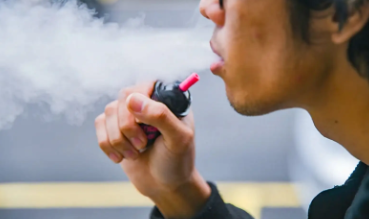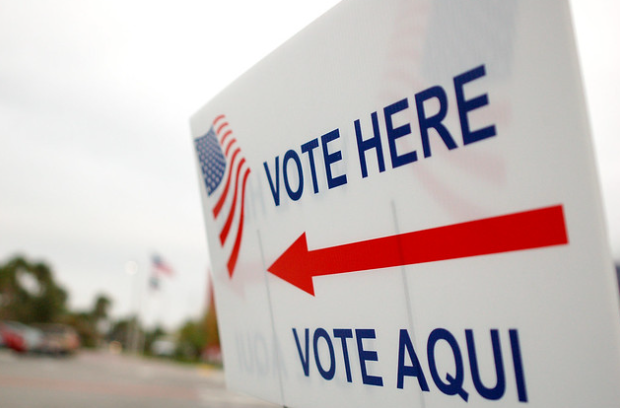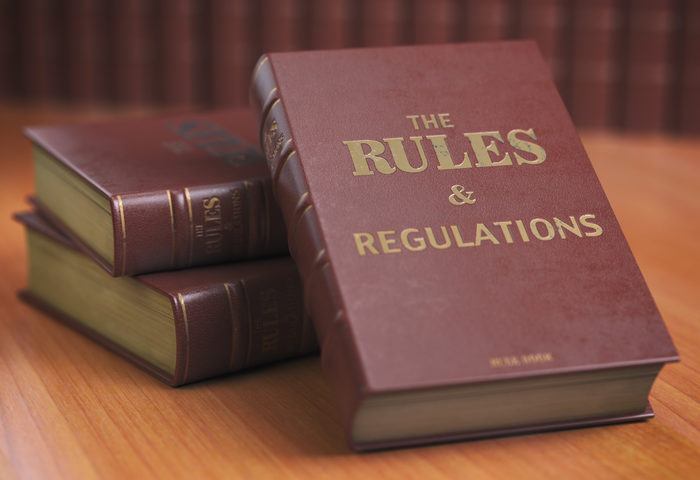Do The Rules And Procedures We Are Supposed To Follow Really Help And Protect Us?
April 22, 2022
I argued with myself a lot over whether I would write this article or whether I would just take the loss and let it go. Then I began thinking about my younger sisters and who I want them to look up to. This isn’t an attack on the school, I don’t hate anyone or want people to feel like I am personally coming for them because that is so far from the truth. This is just the truth from my perspective, it’s possible I’m wrong. Hopefully, people see this and think about it so that we can all change the things that should be changed.
Obviously, the school has a code of conduct they have to follow according to any situation you can think of. However, is it possible that these codes don’t really mesh well with the present times and could be doing more harm than good? It is my belief that if we never question the rules, then we’ll never fully understand them or know that they’re creating positive growth. Even if you agree with a rule, you should still question it in order to understand why it is a rule and not a suggestion or guideline for behavior.
Without touching the rules and not bringing them into question, when one reports an incident, they are often met with very lax consequences for whoever committed the crime. When you report something, you want to feel heard, and sometimes a no-contact agreement that isn’t always followed up on or a slap on the wrist isn’t enough. I love Forest Grove High School, because some of my favorite teachers have worked there and I’ve met some very close friends, but I also don’t completely feel that when we (the students) speak, the faculty are listening. When asked why a rule is a rule, we’re often met with “that’s just how it is” or “I’m not sure, I don’t make those rules,” which is valid, but it’s hard to agree with or be understanding of a system that isn’t allowing us to do so. If the government made a law about only wearing green on alternating Tuesdays and then when asked why, said “it just is what it is,” would that not be upsetting or frustrating? On top of that, it’s a little bit ridiculous to expect people to follow a rule if there is no explanation behind the rule or procedure.
(TW: SA, assault.) If I were to put in a report about being sexually abused at the school, I would want to know the steps and why they are the way they are before I get there, which means that we need to be talking about it. We need to be having a conversation about each individual step because at that point, I’ve already had to stress myself into even saying something. If we want to be better about approaching matters as serious as assault or harassment or bullying, we need to treat it as a serious conversation. We need to be open about what it does to people, how it affects the aspects of people’s lives, how we can be better, and what different courses of action are. For harsher crimes such as rape and abuse, one would be at risk for possible suspension or expulsion. While that is better than letting us try and figure it out on our own or make a no-contact agreement, it’s not always the option that they go forward with. I understand the need for “innocent until proven guilty,” but that ideology shouldn’t apply to assault, abuse, harassment, or any other form of assault or bullying that might occur. The school exists as a way to condition our behavior into something appropriate for the real world, which we will live in for the rest of our lives.
Now, when you look at the school’s rules, which are pretty interesting if I do say so myself, you get some stuff about attendance, like a paragraph on conflict mediation, lots of information about grades and all that, and then you get to discipline. Which is also pretty lengthy. On page 58, it states that “we make an effort to address discipline from a Restorative Justice approach, provided the disciplinary incident allows for such.” If you are not sure what restorative justice is, it’s when people encourage children to solve problems on their own or in small groups. It’s a practice that’s become pretty popular. Some drawbacks would be that people might organize a walkout because the school wasn’t doing anything to fix a problem, or we can’t fix the problem and then we have nowhere to go because we’ve visited all our options. Another thing about growth is that for it to happen, we need to have a strong support system and if we feel we aren’t being supported we start to rebel. Rebelling is easy when you don’t support a system that has seemingly let you down in some way, even if it was unintentional.
Something that isn’t really a big deal but is important to talk about is the dress code. The school handbook (which is what I’m calling it from now on) states that “studies have shown that the attire of students has an important influence on the attitude toward learning within any school.” This is probably true, but also, school dress codes tend to have a patriarchal stance that does harm to the female and POC percentage of the school and not so much the male or white percentage. While again, it is not anyone’s personal agenda or intention, but it’s a consequence that no one has thought to fix. For example, if a person of color were to walk into the school Monday morning wearing a bandana that’s navy blue, they’d be told to take it off and that they weren’t allowed to wear it. However, I have personally seen someone that does not appear to be a person of color wear a navy blue or red bandana and no one said anything, a faculty member even said that they looked cute. Are we seeing where the problem lies?
Another issue is that they have more information about laser light pointers than they do about conflict mediation. I mean, they literally just say “go talk to your counselor or a faculty member” and leave it at that. Again, if we want people to come forward with a problem, we have to discuss how it works and what the options are, and if we’re not willing to do that, then what’s the point of saying we can. The school says they feel very serious about things like harassment and bullying and assault, and maybe they do, but if we as a school wish to create a serious atmosphere to discuss serious topics, we must actually show that we’re serious. I don’t have all the answers to fix this, I don’t even have all the questions that need to be asked, but I hope that when people think to bring it up, we can start to fix what isn’t working anymore.





















































































































































